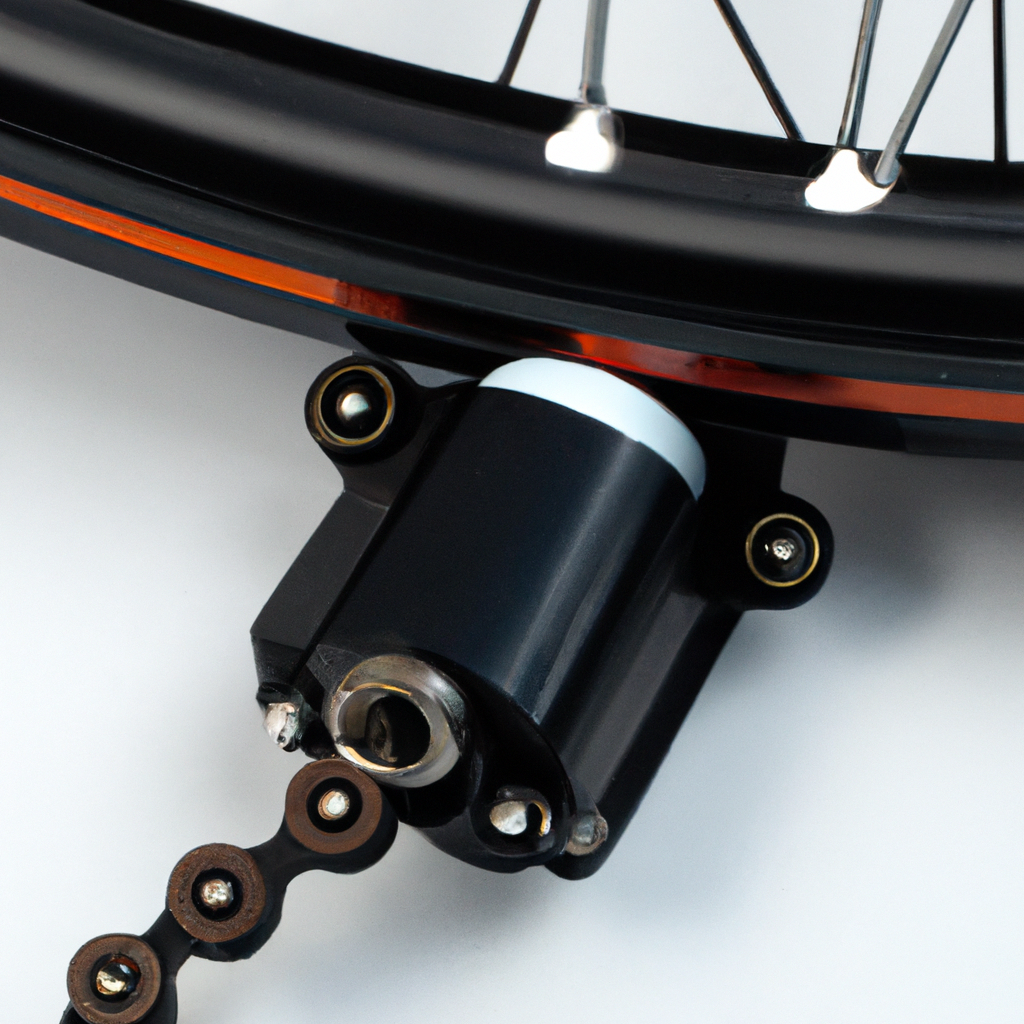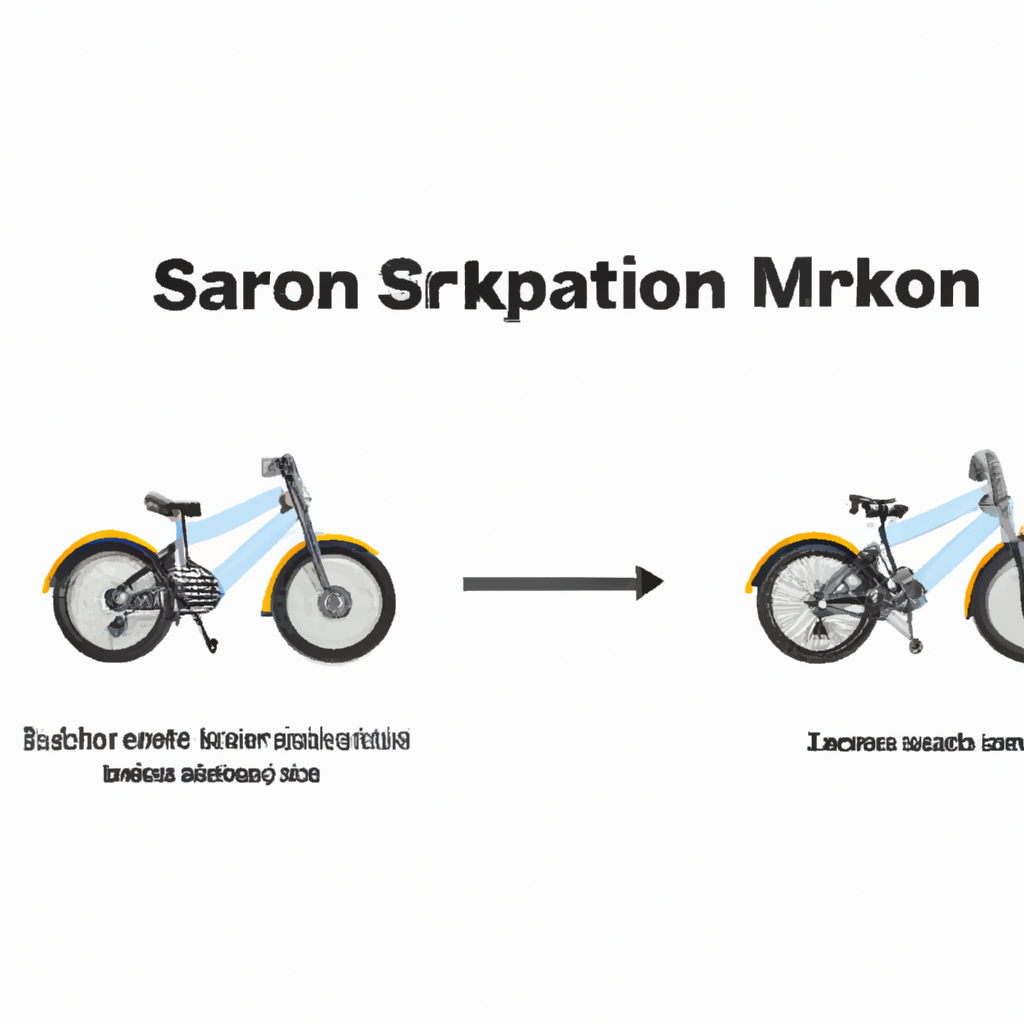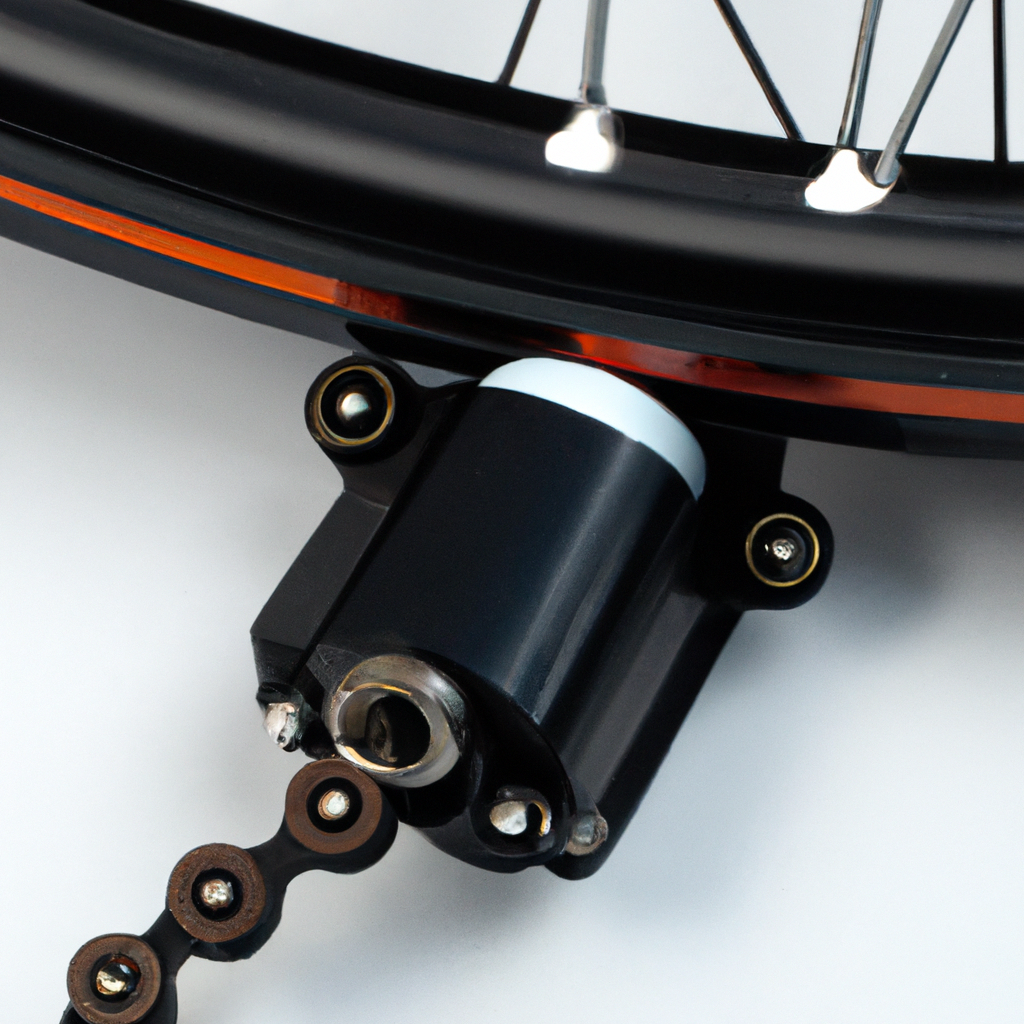Whether you’re a seasoned cyclist or just starting out, finding the perfect electric bike motor can greatly enhance your riding experience. With numerous options available in the market, it can be overwhelming to narrow down the right one for your needs. But fear not! In this comprehensive guide, we will walk you through all the factors to consider when choosing the ideal electric bike motor. From power and range to compatibility and maintenance, we’ve got you covered. So let’s get started in finding the motor that will take your electric biking adventures to new heights!
Factors to Consider
When it comes to choosing the right electric bike motor, there are several important factors to consider. Each factor plays a crucial role in determining the performance and usability of the motor. By carefully evaluating these factors, you can ensure that you make the best choice for your specific needs and preferences.

Power
One of the first factors to consider when choosing an electric bike motor is its power rating. The power rating of a motor is a measure of the amount of energy it can generate to propel the bike forward. It is usually measured in watts and directly affects the speed and acceleration of the bike.
Understanding Power Ratings: To understand power ratings better, it’s important to know that higher wattage motors generally offer more power and faster speeds. However, it’s also important to consider your specific needs and the terrain you will be riding on. If you plan to ride mostly on flat ground or require moderate speeds, a lower power motor may be sufficient. On the other hand, if you’ll be tackling steep hills or need a lot of power for off-road riding, a higher power motor would be more suitable.
Determining Power Requirements: To determine the power requirements for your electric bike motor, consider factors such as your weight, the weight of any cargo you’ll be carrying, the terrain you’ll be riding on, and your desired speed. Understanding these factors will help you choose a motor with the appropriate power to meet your needs.
Torque
While power determines the speed and acceleration of the electric bike, torque is equally important for determining its ability to climb hills, accelerate from a standstill, and handle heavy loads. Torque refers to the twisting force that the motor generates to rotate the bike’s wheels. A motor with higher torque will have better climbing ability and acceleration.
Importance of Torque: Torque plays a crucial role in the performance of an electric bike motor, especially in situations where you need to start from a standstill or climb steep hills. If you live in a hilly area or plan to use your electric bike for mountain biking, opting for a motor with higher torque is recommended. However, if you’ll be primarily riding on flat terrain or require moderate power, a motor with lower torque may suffice.
How to Determine Torque Requirements: To determine the torque requirements for your electric bike motor, consider factors such as the gradient of the hills you’ll be riding on, your weight, the weight of any additional cargo, and your desired acceleration. By evaluating these factors, you can choose a motor with the appropriate torque to meet your needs.
Weight
The weight of the electric bike motor itself, as well as the total weight of the bike, are important considerations when choosing a motor. The motor’s weight can affect the overall balance and maneuverability of the bike, while the total weight of the bike impacts its performance and efficiency.
Motor Weight: The weight of the motor itself is worth considering, as it can affect the overall weight distribution of the bike. A lighter motor may provide better balance and maneuverability, making it easier to handle and control. However, a heavier motor may offer increased durability and power. Consider your own strength and comfort level when deciding on the weight of the motor.
Total Bike Weight: The total weight of the electric bike, which includes the motor, battery, and any additional accessories or cargo, can impact the overall performance and efficiency. A lighter bike can be more energy-efficient and easier to handle, especially if you plan to pedal without the assistance of the motor. However, if you require a bike with a higher load-carrying capacity or plan to tackle challenging terrain, a slightly heavier bike may be more suitable.

Efficiency
Efficiency is another important factor to consider when choosing an electric bike motor. Motor efficiency refers to how effectively it converts electrical energy into mechanical energy to propel the bike forward. A more efficient motor will consume less energy, resulting in longer battery life and increased range.
Motor Efficiency: Higher efficiency motors are generally preferred because they provide better performance while using less energy. When comparing different motor options, look for information about their efficiency rating. A more efficient motor will not only help extend your battery life but also reduce energy consumption, making it a more environmentally friendly choice.
Energy Consumption: In addition to motor efficiency, it’s essential to consider the energy consumption of the motor. This refers to how much energy the motor requires to operate at a certain speed or power level. By selecting a motor with lower energy consumption, you can maximize your bike’s range and reduce the frequency of battery recharging.
Noise
The level of noise produced by the electric bike motor is an important consideration, particularly if you value a quiet and peaceful riding experience. While electric bike motors are generally quieter than combustion engines, there can still be variations in noise levels between different models and brands.
Noise Level Considerations: If you prefer a silent ride, look for motors that are specifically designed to minimize noise production. Quieter motors can provide a more enjoyable and peaceful riding experience, especially during moments of contemplation, leisurely rides, or when riding in quiet neighborhoods. Considering the noise level of the motor is particularly important for those who plan to ride in residential areas or prefer a tranquil ride.
Brands and Models
The choice of brands and models is an important consideration when selecting an electric bike motor. Reputable brands and popular models often offer better quality, reliability, and customer support.
Reputable Brands: When researching electric bike motors, it is generally advisable to choose from brands that are well-known and reputable in the electric bike industry. Reputable brands are more likely to provide reliable and durable motors that deliver consistent performance. They also tend to have better customer support and warranty coverage, providing peace of mind and assistance if any issues arise.
Popular Models: Popular electric bike motor models often gain their popularity for a reason. These models have likely been extensively tested and reviewed by consumers, providing you with more information and feedback to make an informed decision. By considering popular models, you can have more confidence in the motor’s performance and reliability.
Price
Price is a crucial factor for many when choosing an electric bike motor. While it’s important to consider your budget, it’s also essential to balance the cost with the features and performance you need.
Budget Considerations: Before you begin your search for an electric bike motor, determine your budget range. This will help you narrow down your options and focus on motors that fall within your desired price range. However, keep in mind that investing in a higher-quality motor may result in better performance, increased durability, and a longer lifespan. Consider your long-term cost savings, as a cheaper motor that requires frequent repairs or replacement may end up being more costly in the long run.
Maintenance
The maintenance requirements of an electric bike motor should also be taken into account. Different motors may have varying maintenance needs and availability of spare parts.
Maintenance Requirements: When choosing a motor, consider the maintenance requirements. Some motors may require regular cleaning, lubrication, or periodic servicing to maintain optimal performance. Understanding these requirements will help you determine the level of commitment and effort required to keep your motor running smoothly. If you prefer a motor with minimal maintenance requirements, look for models that are designed for easy upkeep and have readily available spare parts.
Availability of Spare Parts: It’s important to consider the availability of spare parts when selecting an electric bike motor. Opting for a motor that has easily accessible spare parts ensures that you won’t face difficulties or delays in repairing or replacing any components that may wear out over time. Confirm the availability of spare parts for the motor you’re considering and ensure they can be obtained locally or online.
Compatibility
Compatibility is a critical factor to consider when choosing an electric bike motor. The motor should be compatible with your existing bike or the bike frame you plan to use.
Motor and Battery Integration: One key aspect of compatibility is the integration of the motor with the battery. Ensure that the motor you choose is compatible with the type and capacity of the battery you intend to use. Some motors may only be compatible with specific battery types or brands, limiting your options. Research the compatibility requirements of the motor and battery to ensure a seamless integration for optimal performance.
Battery Compatibility: Additionally, consider the compatibility of the motor with other electrical components, such as controllers and displays. Compatibility between these components is crucial for the proper functioning and performance of the electric bike. Ensure that the motor you choose is compatible with the other electrical components or systems you plan to use, or consider purchasing a complete kit that includes all the necessary compatible components.
Choosing the right electric bike motor requires careful consideration of several factors. By evaluating power, torque, weight, efficiency, noise level, brands and models, price, maintenance requirements, compatibility, and battery compatibility, you can make an informed decision that suits your specific needs and preferences. Remember to prioritize your own requirements and preferences when weighing these factors, and don’t hesitate to seek advice from experts or experienced electric bike owners. With the right motor, your electric bike will provide an enjoyable, efficient, and reliable ride for years to come.

